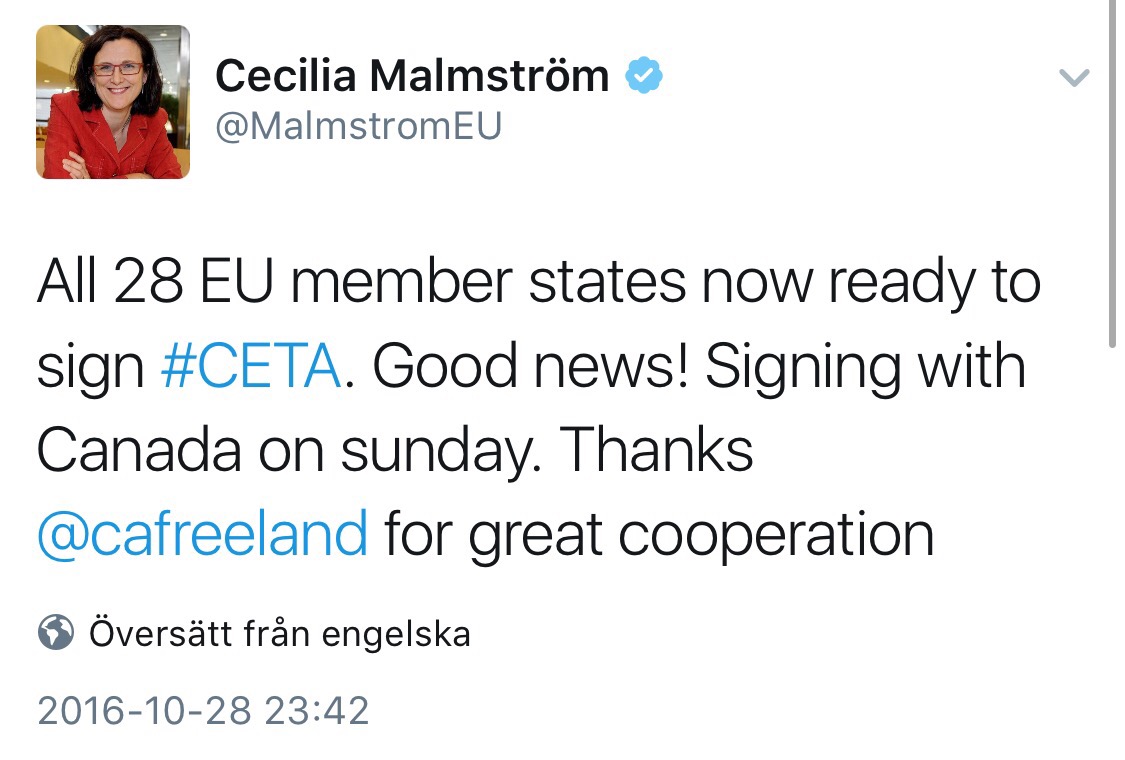Today the UAE AEO programme formally was launched with the certification of the first eight AEO companies of United Arab Emirates in front of 250 invited national and international guests at a ceremony in Dubai.
![]()
UAE AEO is not only the first AEO programme of the Gulf region but it is the most advanced and innovative AEO programme in the world. On Tuesday November 1st the programme that has a benefit package with 47 benefits will open for new applications.
![]()
Next step will be a Mutual Recognition Agreement (MRA) with Korea. We in KGH are extremely proud to have worked with Dubai Customs and the Federal Customs Authority of UAE on this project.
![]()
H.E. Commissioner Al Kaabi, Head of Federal Customs Authority of UAE making the opening speech at the AEO certification ceremony in Dubai today.
![]()
H.E. Sultan Ahmed Bin Sulayem, Group Chairman & Chief Executive Officer – Head DP World making a Key Note Speech at the certification ceremony of UAE AEO in Dubai.
![]()
The first AEO certificate of United Arab Emirates was awarded to Al Tayer Insignia.
![]()
Also GM and seven more companies was awarded AEO status in UAE today.
![]()
Steve Desouza and colleague from General Motors together with KGH Group CEO Lars Börjesson displaying the UAE AEO Certificate.
![]()
The Dubai Customs and KGH AEO Team.
![]()
This was a great day for United Arab Emirates, KGH and the world.
![]()
Now we are moving forward with new developments in new phases og UAE AEO.
Tonight the news arrived, CETA will be signed. EU Trade Commissioner Cecilia Malmström announced the news and also sent it out on Twitter.

The Comprehensive Economic and Trade Agreement (CETA) is the free-trade agreement between Canada and the European Union. The agreement eliminates 98% of the tariffs between Canada and the EU.
This is great step forward for trade, traders, job creation and people in Canada and the European Union.






You must be logged in to post a comment.